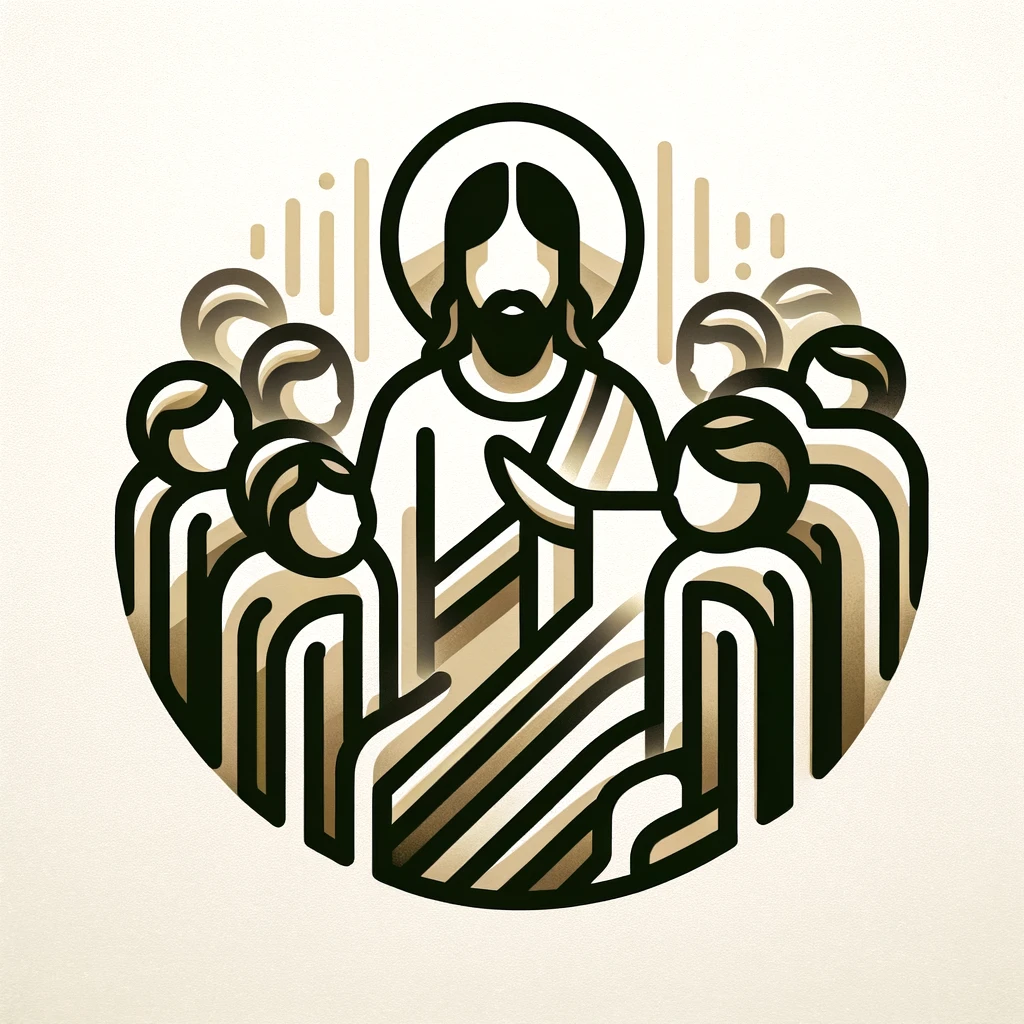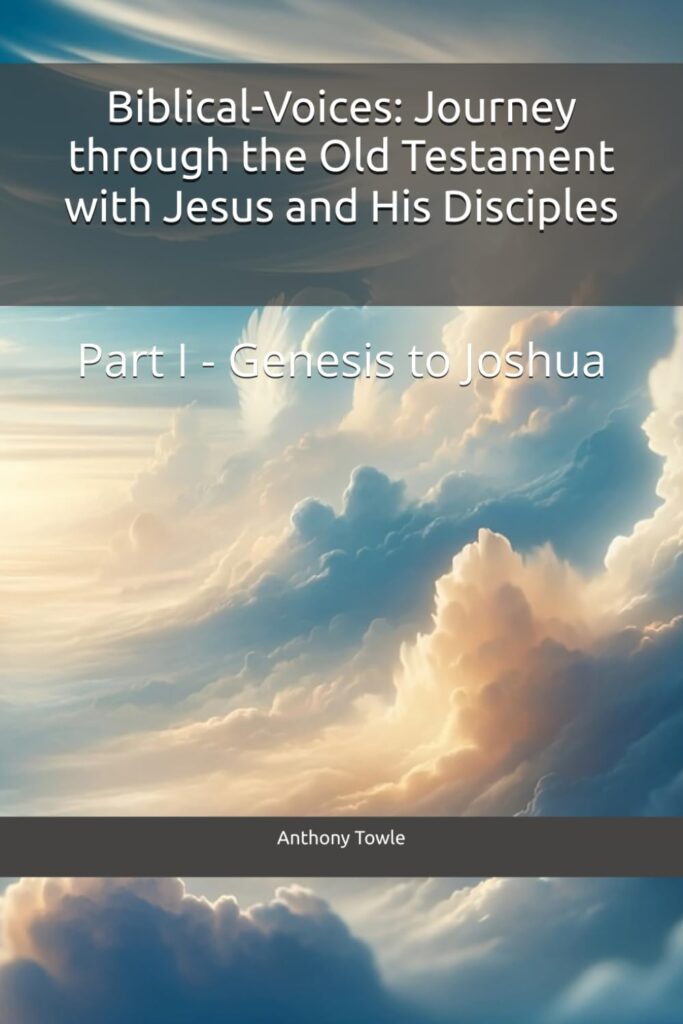Jesus: “The plagues sent upon Pharaoh and the Egyptians were not merely acts of judgment but also carried deep symbolic meaning, specifically targeting the pantheon of Egyptian gods. Each plague demonstrated God’s power over the gods the Egyptians worshiped, revealing their impotence and affirming the Lord’s sovereignty over all creation.”
Peter: “So, when the Nile turned to blood during the first plague, it was a direct challenge to Hapi, the Nile god, and Osiris, whose bloodstream was believed to be the Nile itself?”
Jesus: “Exactly, Peter. The Nile was Egypt’s life source, and by turning it to blood, God showed His dominion over life and death, discrediting the gods associated with the Nile and fertility.”
Andrew: “And the plague of frogs, then? The Egyptians revered Heqet, a goddess of fertility, who was depicted as a frog. Was this plague a message against her?”
Jesus: “Indeed, Andrew. The proliferation of frogs, turning from symbols of fertility into burdensome pests, illustrated the true God’s control over fertility and life, mocking Egypt’s reliance on Heqet.”
John: “The dust turned to lice in the third plague must have been a judgment against Geb, the god of the earth. It’s like each plague is a lesson on God’s supreme power.”
Jesus: “Correct, John. By causing the dust of the earth to become lice, God showed His supremacy over Geb and emphasized that the very ground the Egyptians walked upon was under His command.”
Philip: “What about the flies? Was there an Egyptian god related to this plague as well?”
Jesus: “Yes, Philip. The fourth plague, involving swarms of flies, could be seen as a challenge to Khepri, the god of creation, rebirth, and movement of the sun, who was often depicted as a scarab beetle. Though not directly flies, the plague of swarms critiqued the Egyptians’ veneration of such insects.”
Matthew: “The death of livestock targeted Hathor, the cow-headed goddess of love and protection, and Apis, the bull-deity, symbol of fertility. It showed God’s dominion over life, contradicting the protection these gods were supposed to offer.”
Jesus: “Precisely, Matthew. Each dead animal was a testament against Egypt’s gods, declaring that only the Lord gives and sustains life.”
Bartholomew: “The boils that afflicted the Egyptians challenged their medicine and healing deities, like Sekhmet, goddess of healing, and Imhotep, god of medicine and wisdom.”
Jesus: “Bartholomew, that’s an insightful observation. The inability of Egyptian gods to heal or protect from these boils displayed God’s supreme power over health and disease.”
Thomas: “The hailstorm then, which ruined crops and livestock, was this a judgment against Nut, the sky goddess, and Isis, goddess of agriculture, among others?”
Jesus: “Yes, Thomas. The hail showed God’s control over the weather and the fertility of the land, directly challenging the authority of Nut and Isis.”
Simon the Zealot: “The locusts that devoured what was left after the hail were a direct attack on Seth, the god of storms and disorder. It’s as if God was systematically dismantling the entire Egyptian belief system.”
Jesus: “Simon, your observation is astute. The locusts were indeed a further demonstration of God’s power over chaos and destruction, showing that only He can bring about true order.”
James, son of Zebedee: “And the darkness that fell over Egypt, was that challenging Ra, the sun god, one of the most important and powerful Egyptian deities?”
Jesus: “Exactly, James. The darkness that could be felt was a profound declaration of God’s supremacy over the sun itself and, by extension, Ra. It showed that the light of the world and the order of the cosmos are under God’s command.”
Jesus: “Finally, the death of the firstborn, the tenth plague, was the ultimate demonstration of God’s sovereignty over life and death, challenging Pharaoh’s own divinity and the protection offered by all Egyptian gods. It was a definitive statement that the Lord is the one true God, above all human and spiritual authorities.”
Jesus: “Through these plagues, God not only sought to free His people but also to reveal His power, sovereignty, and exclusive right to worship and reverence, not just to Egypt, but to all nations.”

